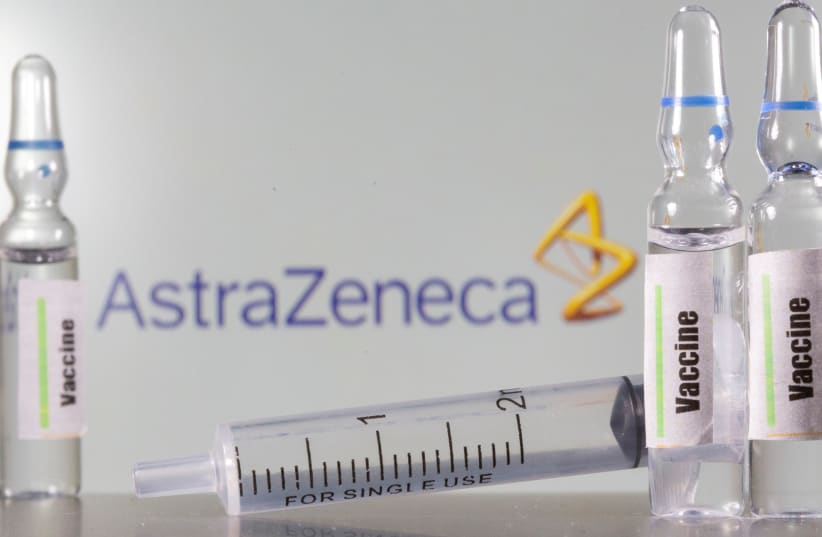“Now that we’ve found what looks like a better efficacy, we have to validate this, so we need to do an additional study,” Soriot was quoted as saying in the report.
Soriot said it would probably be another “international study, but this one could be faster because we know the efficacy is high, so we need a smaller number of patients.”
Israel announced last week that it had reached an agreement to sign for some 10 million doses of the company’s vaccine, enough to supply five million Israelis. The agreement, once signed, would mark the largest amount of vaccines from any one company to be sold to Israel.
Now, as AstraZeneca faces questions about its success rate, some experts say it could hinder its chances of getting speedy United States and European Union regulatory approval – and hence delay its deliveries.
Soriot said he did not expect the additional trial to delay UK and European regulatory approvals.
AstraZeneca told Reuters earlier on Thursday that administering of the half dose had been reviewed and approved by independent data safety monitors and the UK regulator, adding that the regulator publicly confirmed there was "no concern."
Clearance from the U.S. Food and Drug Administration (FDA) may take longer though because the agency is unlikely to approve the vaccine based on studies carried out elsewhere, especially given the questions over the results, Soriot said.
Authorization in some countries is still expected before the end of the year, he added.
Several scientists have raised doubts about the robustness of results showing that the experimental vaccine was 90% effective in a sub-group of trial participants who, by error initially, received a half dose followed by a full dose instead of two staggered full doses. AstraZeneca research chief Mene Pangalos told Reuters on Monday that researchers had stumbled upon the half-dose regime by accident, saying a sub-group of the trial was given a smaller initial dose by mistake.
But Israeli health officials did not seem deterred on Thursday as news of the potential delay surfaced. Speaking Thursday morning during a visit to the Teva SLE Logistic Center, which is due to store and handle the vaccines against coronavirus under special conditions, Prime Minister Benjamin Netanyahu said: “We will have millions of [doses of] vaccines – enough that anyone who wants to vaccinate can do so more than once.”
He said that Israel will have no challenges when it comes to storing, freezing or distributing coronavirus vaccines, including the Pfizer and Moderna mRNA vaccines that require storage at freezing temperatures between negative 20 degrees and negative 70 degrees Celsius.Israel has signed contracts with Pfizer for eight million doses and with Moderna for an undisclosed number. It also has a contract with Arcturus Therapeutics, though the company is just completing the Phase I trial of its coronavirus vaccine.
The country is also in negotiations to receive Russia’s Sputnik V vaccine and is also developing its own vaccine through the Israel Institute for Biological Research.
“We are on our way out of this virus,” Netanyahu said. “There is not just a light at the end of the tunnel, but a very large torch.”
